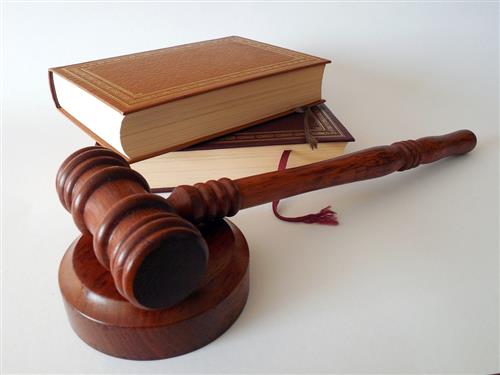
Have you or someone you care about been charged with a criminal offence? Your first priority is to understand bail.
Bail is an essential part of the criminal process. It will determine if you or your loved one will be released before trial, which may be months or even years away.
Caramanna, Friedberg’s goal is to ensure clients receive a quick and reasonable bail. Failure to receive bail may result in a significant disruption to your job, livelihood and life.
What is a Bail Hearing?
When an individual is arrested, they are generally released by the police back into the community as their case works its way through the court system. The law, however, recognizes that the safety of the public, and the proper functioning of the justice system may require an accused to remain in custody until their day in Court.
If the police do not release an individual after their arrest, an accused individual has the right to be brought to Court for a bail hearing. At a bail hearing, the accused person will have the opportunity to argue their case for release.
What Happens at Bail Hearings?
A Judge or Justice of the Peace have two options at a bail hearing. The accused can either be:
- Released on bail (subject to certain binding conditions) until their case is heard in Court or;
- Detained in custody pending the completion of their case.
Most bail hearings include the Crown informing the Court of the allegations made by the police. Hearings can include an accused person, or an accused person's potential sureties, giving evidence on the witness stand to assist the Court in making a decision.
In Canada, there is a constitutional right for every person to be released on bail pending trial unless there is just cause to hold them in custody.
The instances where an individual will be held without bail are narrow and pre-trial detention is unusual. However, if a Court finds an individual is a threat to the public, a flight risk or detention is necessary to maintain confidence in the administration of justice, an accused person may be held in custody.
We are here to help you with your Bail Hearing

Caramanna, Friedberg LLP can provide you with optimal chances of being released on bail, ensuring a quick reintegration into your life. Our firm has conducted hundreds of successful bail hearings in Ontario. Contact us 24/7 via the contact form below or call us at (416) 924-5969
See also Bail Reviews